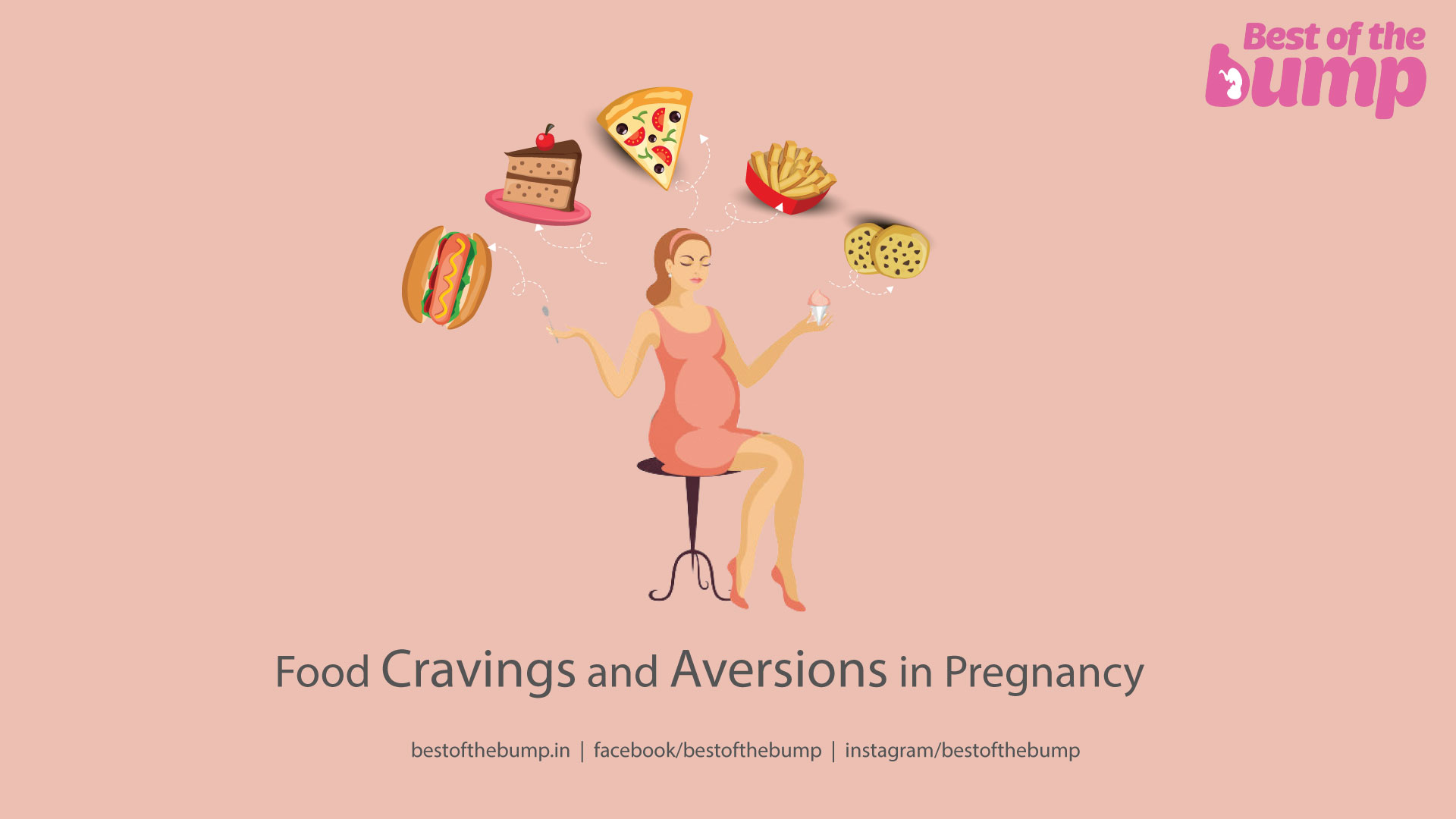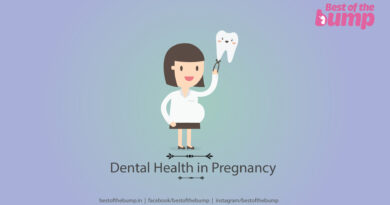Food Cravings and Aversions in Pregnancy
Food Cravings, during pregnancy it is common for women to experience changes in their food preferences and cravings. These cravings and aversions can be influenced by hormonal changes and may vary from person to person. It is important to understand these changes and take necessary precautions to ensure a healthy and balanced diet during pregnancy. In this article, we will explore food cravings and aversions in pregnancy and discuss ways to manage them effectively.
Food Cravings Understanding the Impulses

The Nature of Food
Food Cravings, during pregnancy refer to the sudden impulse or desire to eat a particular food at any time of the day. They can range from sweet and salty treats to spicy or sour flavors. It is not uncommon for both mothers-to-be and fathers-to-be to experience these cravings, although they are more commonly associated with pregnant women.
Making Healthy Choices
While it is natural to have cravings, it is important to make healthy choices when satisfying them. Here are some precautions to consider:
opt for Healthier Alternatives
If you are craving chocolate, for example, choose dark chocolate or mini chocolate bars instead of large king-sized ones. This allows you to satisfy your craving while consuming a smaller portion with fewer calories.
Engage in Other Activities
To avoid indulging in fatty and non-nutritious foods, try to distract yourself with other activities. Engaging in hobbies, exercise, or spending time with loved ones can help divert your attention from unhealthy cravings.
Avoid Alcohol and Tobacco
Cravings for alcohol or tobacco should be strictly avoided during pregnancy. These substances can be harmful to both the mother and the developing fetus. Seek support from healthcare professionals if you find it challenging to resist these cravings.
Moderation is Key
Food Cravings, while it is essential to maintain a healthy diet during pregnancy, occasional indulgence in your cravings is acceptable. However, it is crucial to balance it out by eating nutritious meals throughout the day. Focus on including a variety of fruits, vegetables, lean proteins, whole grains, and dairy products to ensure an adequate intake of essential nutrients.
Unusual Cravings Pica and Nutritional Deficiencies
Food Cravings, in some cases pregnant women may experience cravings for non-food substances such as clay, sand, ashes, or ice. This condition is known as pica and can be a sign of underlying nutritional deficiencies, such as iron deficiency. It is important to consult your doctor if you experience such cravings to ensure that you are receiving the necessary nutrients for a healthy pregnancy.
Food Aversions Coping with Dislikes

Understanding Food Aversions
Food aversions, as opposed to cravings, refer to a strong dislike for certain foods during pregnancy. The smell, taste, or even the mere presence of these foods can be repulsive to a pregnant woman. Food aversions are believed to be influenced by hormonal changes, especially in early pregnancy.
Maintaining a Balanced Diet
While it can be challenging to incorporate foods you dislike into your diet, it is crucial to focus on consuming a balanced and nutritious meal plan. Here are some strategies to manage food aversions.
Experiment with Preparation Methods
If the taste or texture of a specific food is unappealing, try experimenting with different preparation methods. For example, if you dislike steamed vegetables, you may find them more enjoyable when roasted or sautéed.
Substitute with Similar Nutrients
If you have an aversion to a particular food group, find alternative sources that provide similar nutrients. For instance, if you dislike dairy products, you can opt for fortified plant-based alternatives like almond or soy milk to ensure an adequate intake of calcium.
Consult Your Doctor
If your food aversions persist beyond the first trimester or are causing significant challenges in meeting your nutritional needs, it is advisable to consult your healthcare provider. They can provide guidance and recommend appropriate supplements, if necessary.
Emotional and Psychological Factors

Food Cravings, in some cases food aversions may be associated with emotional or psychological needs. If your aversions continue beyond the fourth month of pregnancy or are accompanied by other emotional symptoms, it is important to discuss them with your healthcare provider. They can help identify any underlying issues and provide appropriate support or referrals if needed.
Food Cravings and aversions are common experiences during pregnancy, influenced by hormonal changes and individual differences. While it is important to listen to your body’s signals, it is equally crucial to make healthy choices and ensure a balanced diet to support the well-being of both the mother and the developing baby. By understanding and managing these changes, you can navigate pregnancy with confidence, knowing you are taking steps to promote a healthy and fulfilling journey. Remember to consult your healthcare provider for personalized advice and guidance throughout your pregnancy.




